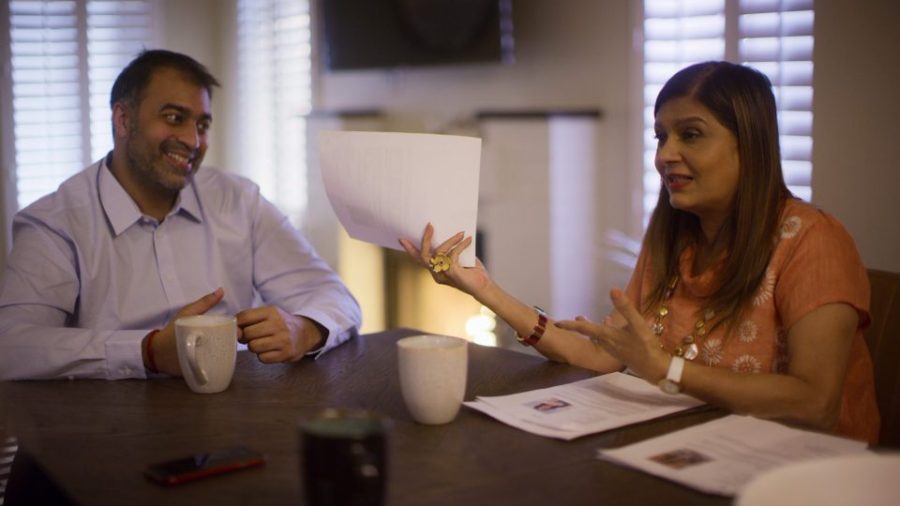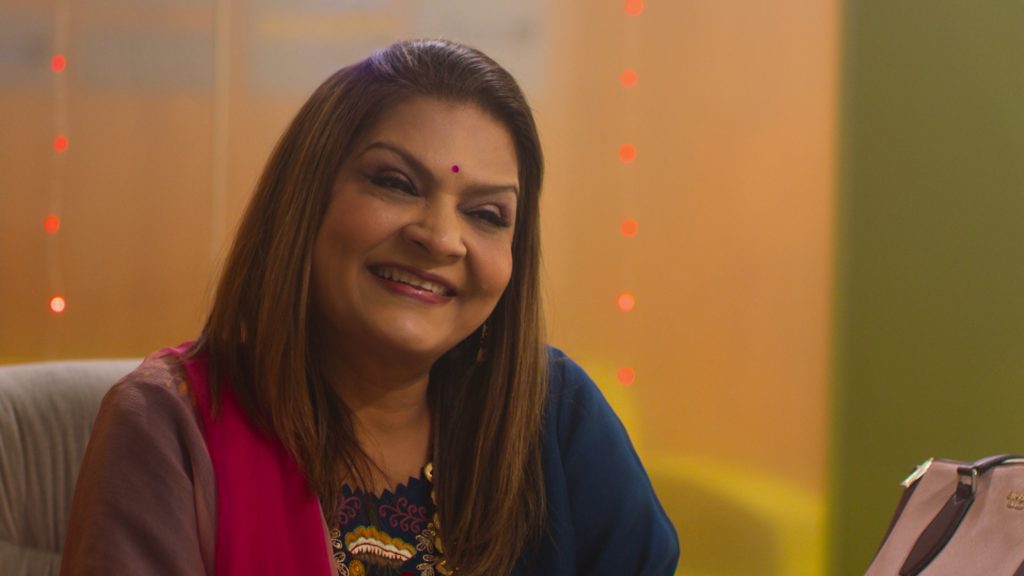
Indian Matchmaking: Sima Aunty epitomises all that’s wrong with arranged marriages
Arranged marriages are constructed on the principle of governance rather than romance and their main goal is the subjugation of women

In the third season of the Netflix reality series, Indian Matchmaking, Sima Taparia, the celebrity matchmaker, an uncrowned queen in the world of matchmaking, tells her sister, “The youngsters are independent. They have their own mindset. They don’t listen to elders. That is the main point in today’s generation.” It wasn’t like this two decades earlier, she laments.
Elsewhere, in another conversation, she insists that the right age to get married is 30. Mind you, that’s the upper limit and not the starting bracket. Will the world explode, though, if people choose not to get married at all?

Indian Matchmaking, by now, has become more than just a series that everybody rushes to watch in order to discuss the fancies and fallacies of the contestants. But the scene-stealer has always been Taparia herself; however, what she really steals is the freedom of thought and expression. She wants Indians to remain in the clutches of their parents forever. Hence, she gets disappointed when her clients put forth their requirements without dipping their hands into the suggestions offered by their older family members.
Taparia is not the only person who places arranged marriage on a pedestal in South Asia. And she would certainly not be the only person to say, “Listen to your parents.” Those words are supposed to sound like a threat because children, Taparia believes, will go astray otherwise. But how can we remain mere children even in our twenties and thirties? When would we be allowed to make decisions? If you pose these questions to her, she might say “never.”
We will probably have to wait till we become parents ourselves and then take revenge against our kids by forcing them to dance to our tunes.
Also read: How ‘Chandralekha,’ a 1948 Tamil film, paved the way for big-budget Indian films
Subjugation of women
Early on, in the new season, Taparia says that Priya, a client, cannot be picky since she’s a divorcee — a divorcee, according to her, is obviously at a disadvantage. By dropping that stinky bomb, she not only exposes the hollowness of the matchmaking community, but also points to the brokenness of the system of arranged marriages. Why can’t Priya find a guy who ticks all her boxes?
Although some of the qualities that she’s looking for in a potential match are silly (a top knot, for example), she’s well within her rights to set the bar high.
In the same episode, Taparia tells Rushali, another client, that she’ll have to leave her mother behind after she gets married. Well, Rushali can still visit her mom three times a week and have lunch, or dinner, the matchmaker declares; but even that seems like a tall order. This problematic rule doesn’t apply to men, though, as they’ll stay exactly where they are with their beloved parents. Only women are expected to move out of their homes.
In general, arranged marriages are constructed on the principle of governance rather than romance and their main goal is the subjugation of women. If you take a look at the clients that Taparia attracts, you’ll be able to see a clear pattern — they are mostly upper-caste and upper-class. Vikash, who’s not okay with the idea of touching 40 as a single man, wants Taparia to set him up with a woman who can speak Hindi in the United States. But there’s a catch; he doesn’t want the woman to have an Indian accent. It just means he doesn’t want to plan a future with somebody who doesn’t share his prejudices.
Also read: Jubilee review: A lavish ode to Hindi cinema, an epic tale of ambition and stardom
Matchmaking gets tough with millennials
Matchmakers in India give more importance to horoscopes and superstitious practices. Furthermore, there are people who would not hesitate to say that it’s better to put up with an unhappy marriage than taking the legal route to walk away from the said commitment. The marriage market is currently wide open for millennials and it is this generation that Taparia particularly abhors, as her job has gotten increasingly difficult; her clients have stopped nodding their heads like goats and taking orders from her.
I’m a millennial myself and have been asked about my marital plans at several social events by friends and relatives. Sometimes, it’s just curiosity and I brush it away with a shrug. But if it turns into an interrogation, I tell them that I don’t owe them an answer. I can easily get away with a joke or a remark since my gender allows me to be nonchalant more often than not. And I’m truly aware that there are several parents who will leave no stone unturned — including emotional blackmail — to get their offspring hitched as soon as an opportunity arises.
Indian Matchmaking orchestrates nervous glances and first-date guffaws, along with putting a positive spin on arranged marriages for the global audience. It also portrays Taparia as the sole saviour of Indian values. Now, that’s ridiculous.


